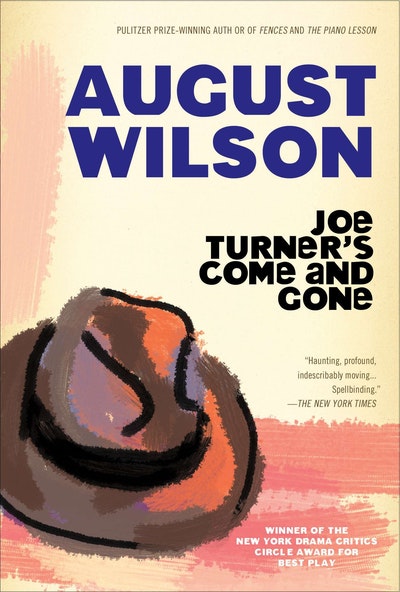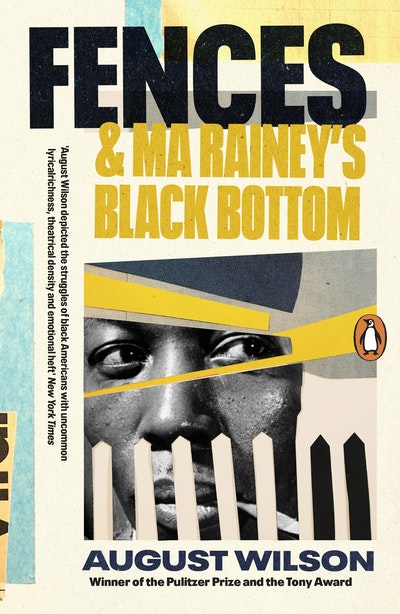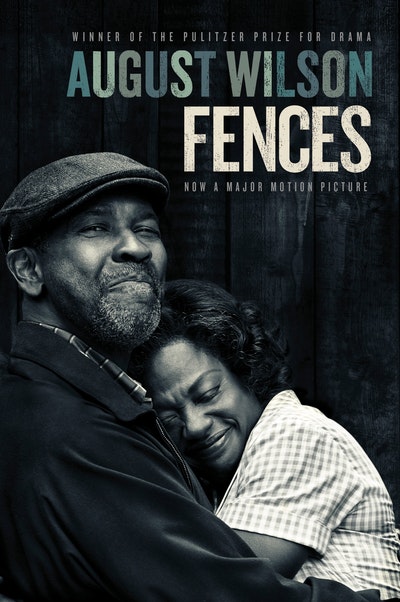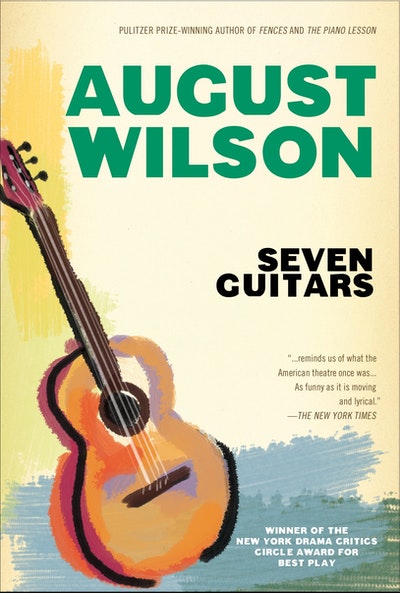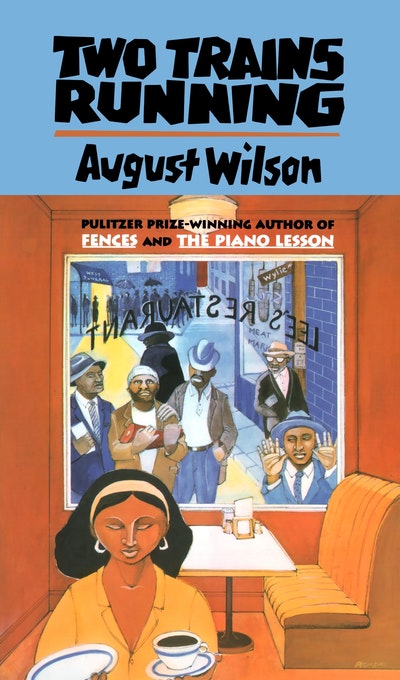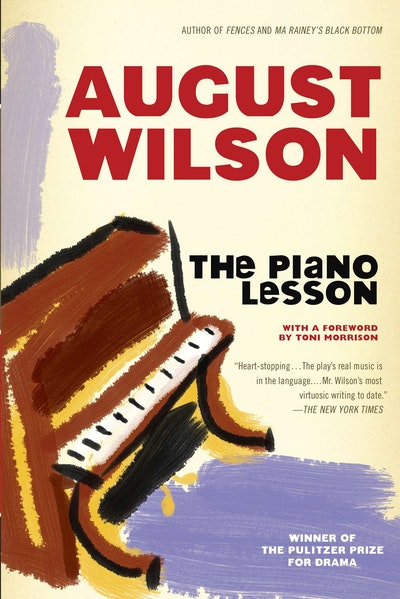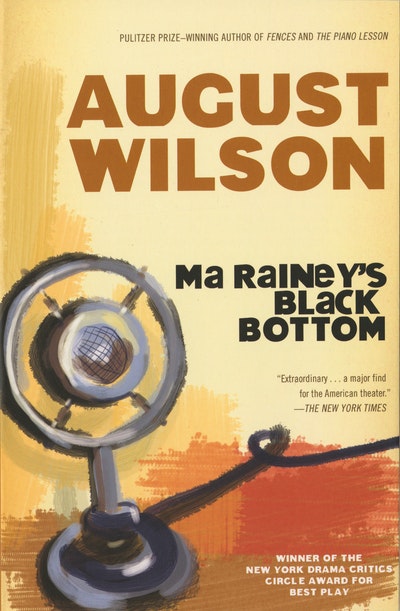- Published: 30 October 1988
- ISBN: 9780452260092
- Imprint: Plume
- Format: Paperback
- Pages: 112
- RRP: $29.99
Joe Turner's Come and Gone
- Published: 30 October 1988
- ISBN: 9780452260092
- Imprint: Plume
- Format: Paperback
- Pages: 112
- RRP: $29.99
"As rich in religious feeling as in historical detail, Joe Turner is at once a teeming canvas of black America and a spiritual allegory with a Melville whammy . . . Joe Turner is flecked with hypnotic storytelling soliloquies as grittily redolent of itinerant America as those in The Iceman Cometh."—Frank Rich, The New York Times"Has the haunting power of a ghost story . . . bold theatricality . . . electrifying."—The Washington Post "August Wilson's best play!"—William A. Henry III, Time magazine "Joe Turner's Come and Gone is one of the best American plays of the decade . . . he takes us through joy and disaster, hatred and love; he pulls few punches and in the end he has contributed not only to the stature of American playwrighting but to our understanding of our society. A rich, rewarding play, that rare work what entertains while it teaches."—The Providence Journal
